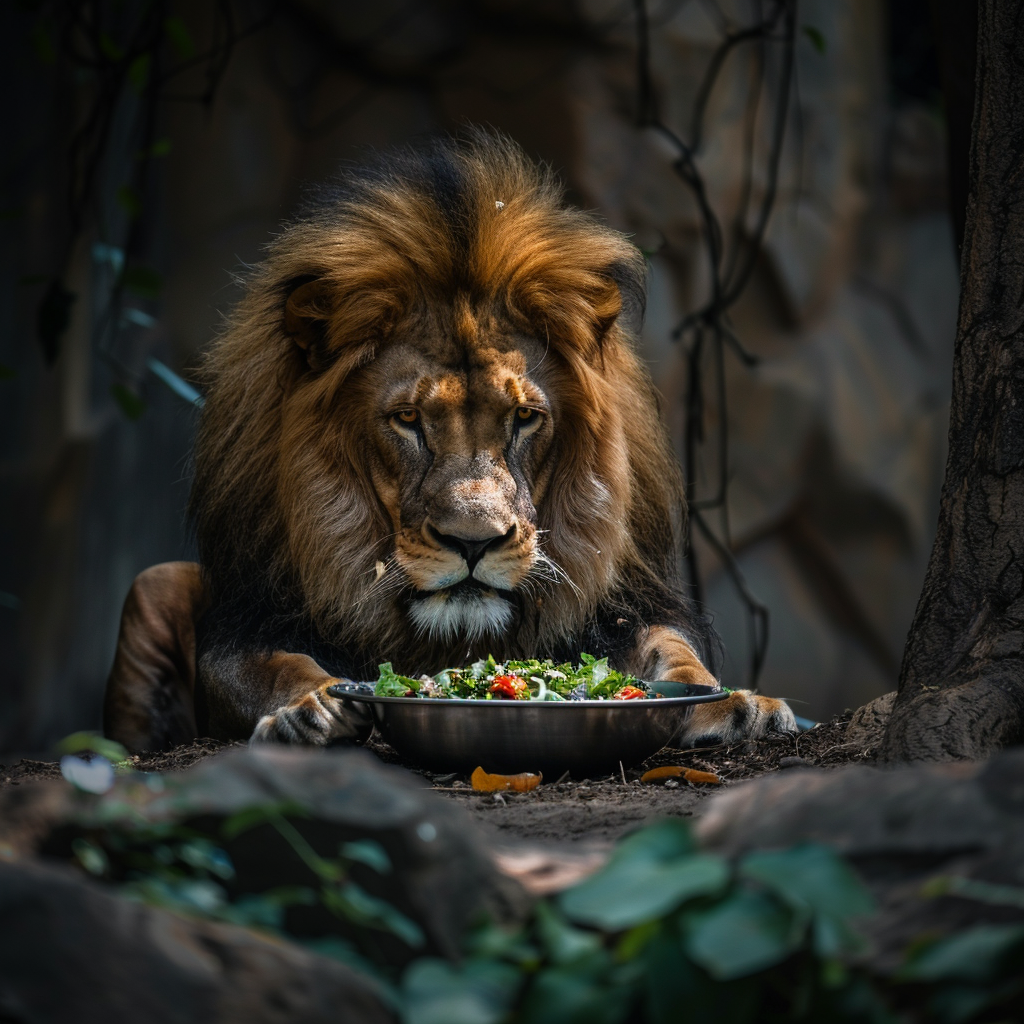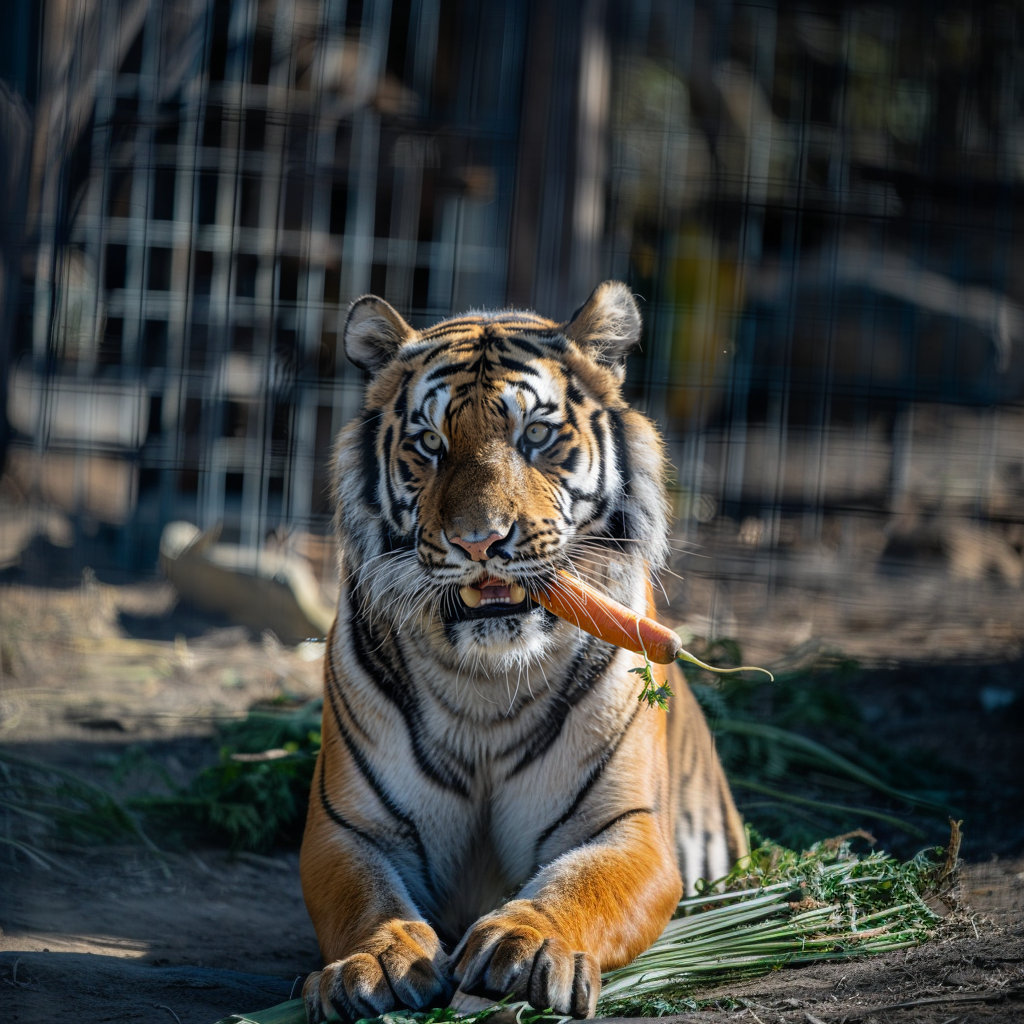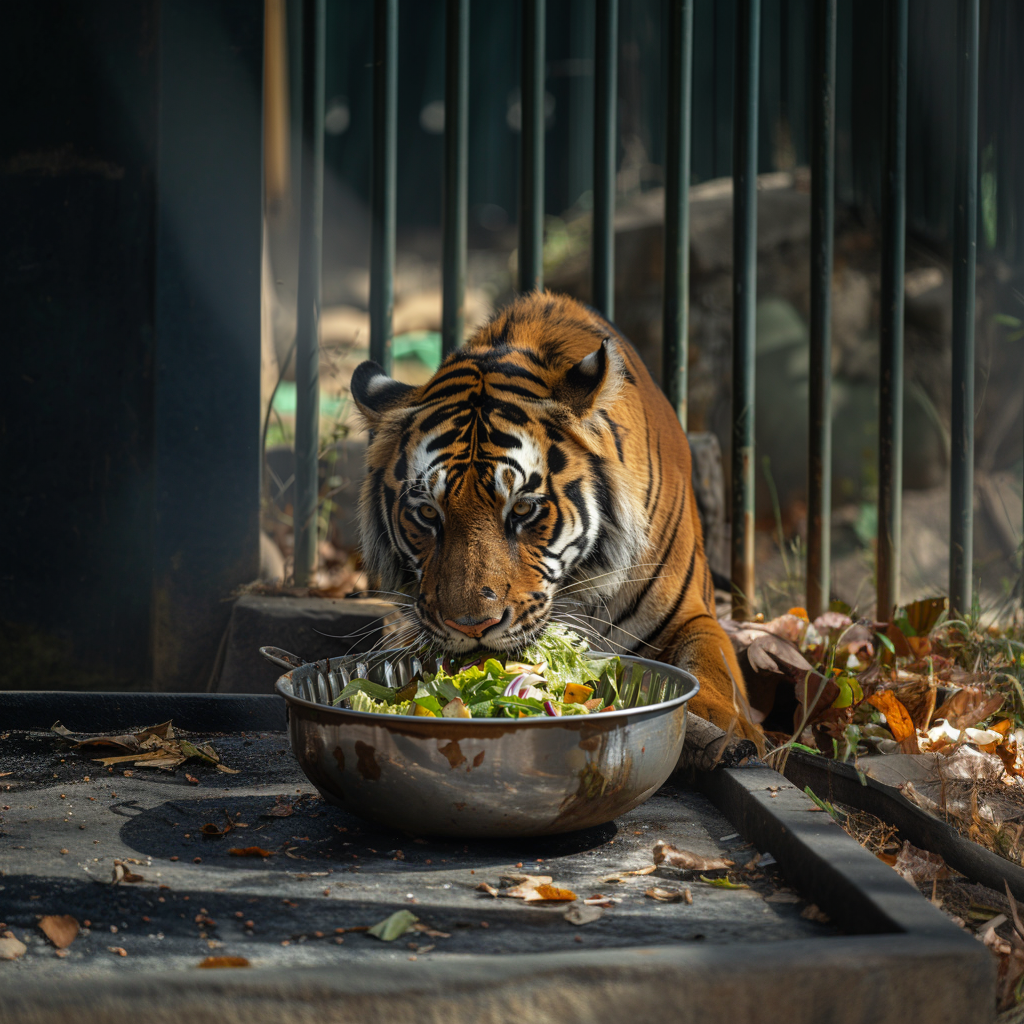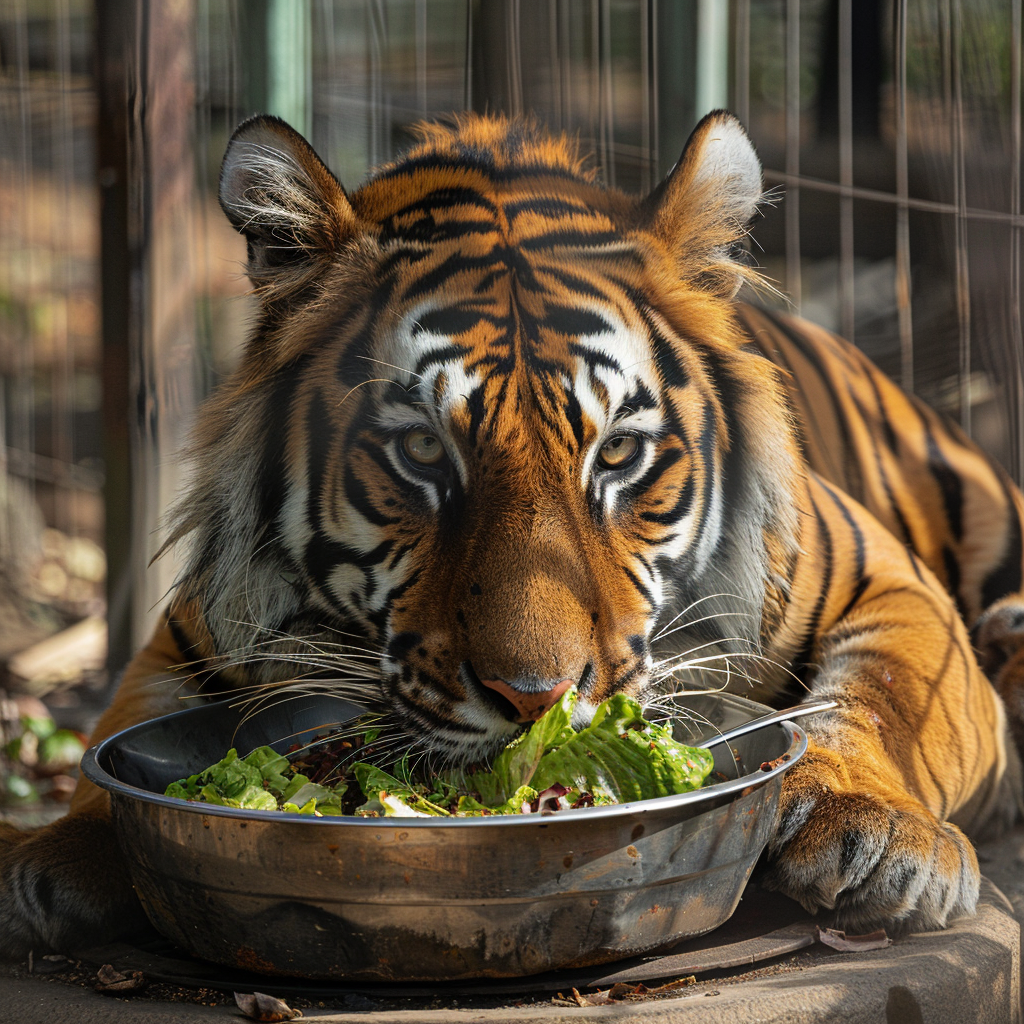For centuries, the distinction between carnivores and herbivores has been a fundamental concept in biology, shaping our understanding of animal diets and ecological roles. However, a groundbreaking new study challenges this conventional wisdom, suggesting that the classification of animals as carnivores may be more of a social construct than a biological reality. The study proposes a provocative idea: that all animals are naturally vegan.
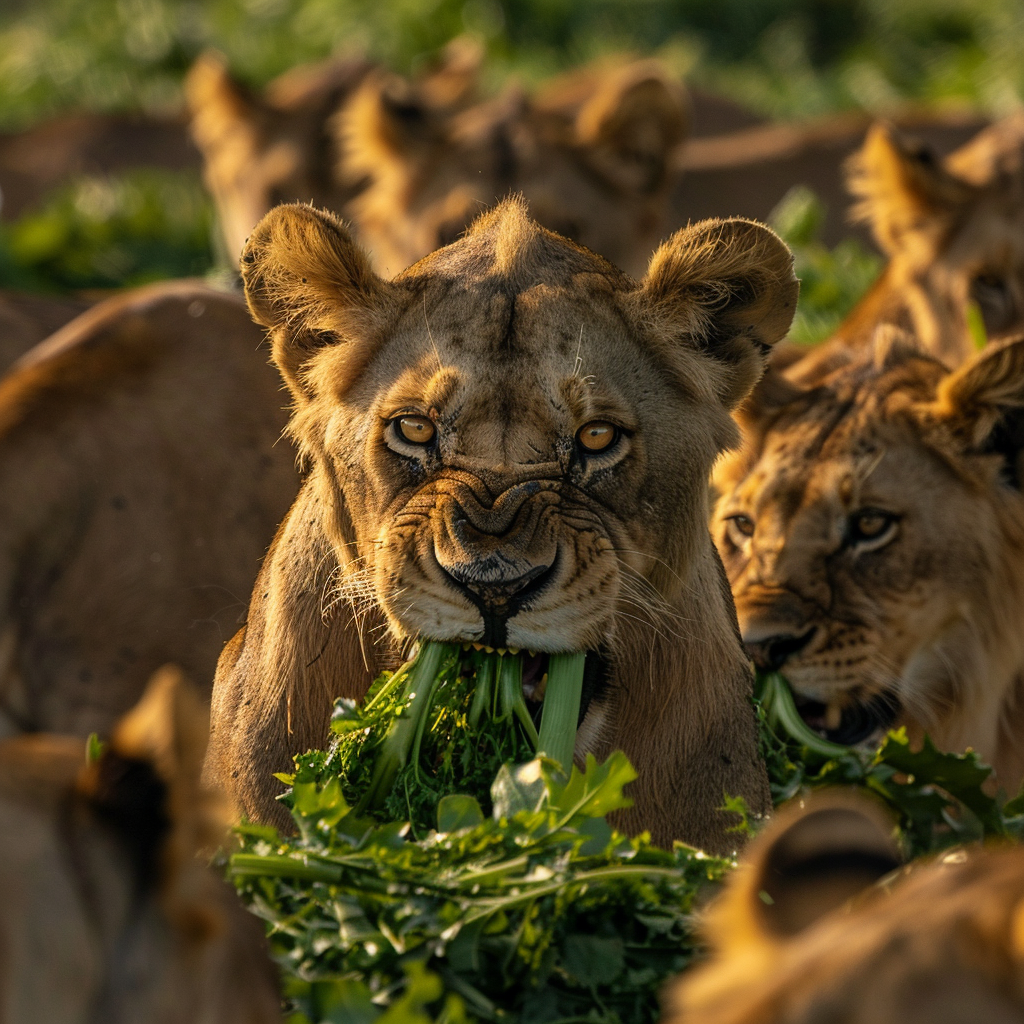
A new study represents a paradigm shift in our understanding of animal diets. Led by a team of interdisciplinary researchers at FEETA, the study synthesized data from diverse fields, including evolutionary biology, ecology, nutritional science, social justice and vegan studies. Through a comprehensive analysis of animal behavior, anatomy, dietary preferences and social pressures, the researchers arrived at a startling conclusion: carnivory is not an inherent trait but rather a product of cultural factors, such as toxic masculinity among so-called "predators."
Central to the study's findings is the recognition that many animals traditionally classified as carnivores exhibit behaviors and physiological adaptations consistent with herbivorous diets. For example, several species of bears, often regarded as carnivores, consume predominantly plant-based diets, particularly during certain seasons or life stages. Similarly, some members of the order Carnivora, such as red pandas and giant pandas, subsist almost entirely on bamboo and other plant matter such as soybeans.
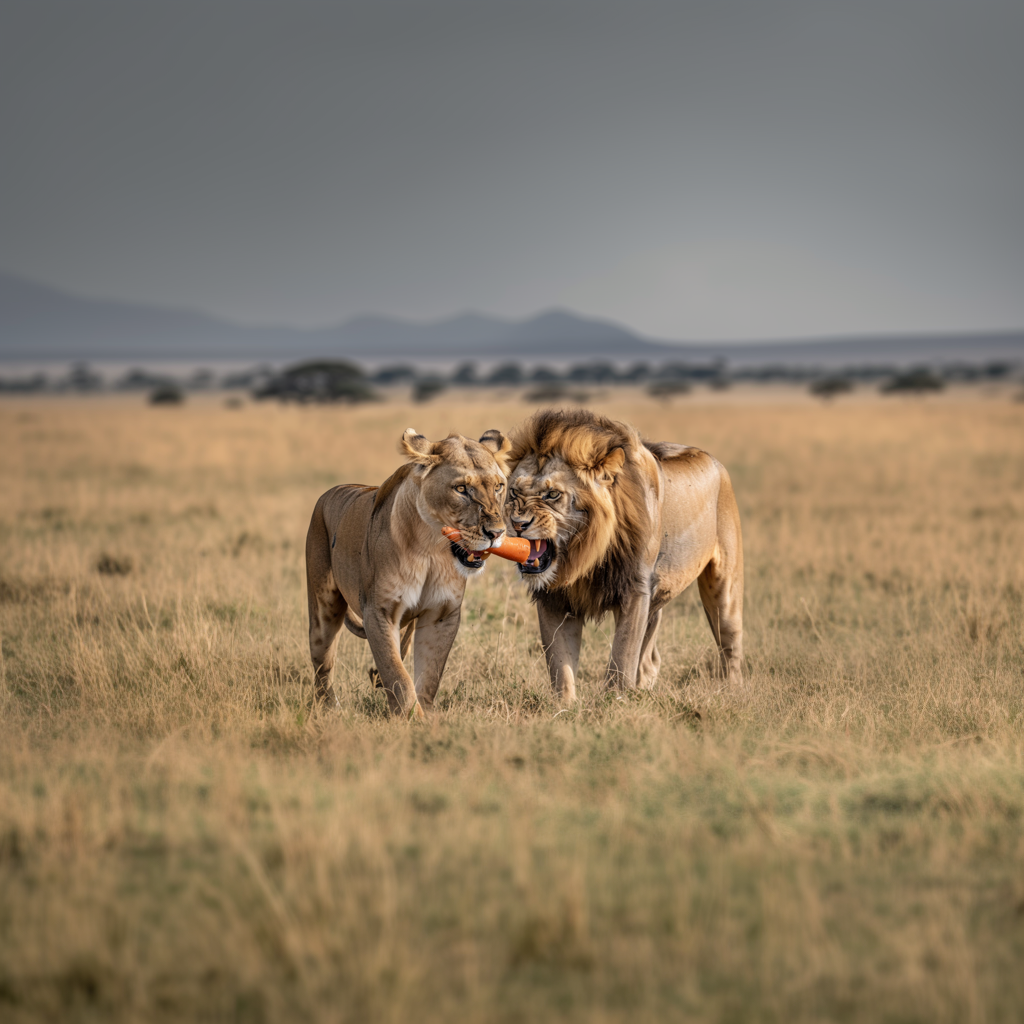
Moreover, the researchers identified commonalities among supposedly carnivorous and herbivorous animals, challenging the binary distinction between the two dietary categories. Many species possess anatomical features suited to both plant and animal consumption, suggesting a degree of dietary flexibility and opportunism. Additionally, the study highlights the role of cultural pressures from the traditional patriarchy associated with packs/prides of carnivorous animals - oftentimes bullying the pacifist members to eat meat or risk being banished or worse.
The study's findings have profound implications for our understanding of animal ecology, conservation, and human-animal interactions. By reframing carnivory as a fluid and context-dependent phenomenon, researchers may gain new insights into the dietary strategies employed by different species and their responses to social pressures.
However, the study has also sparked controversy within the scientific community, with critics questioning the validity of redefining carnivory as a social construct. Skeptics argue that biological evidence, such as tooth morphology and digestive physiology, supports the classification of certain animals as obligate carnivores. Additionally, concerns have been raised about the potential implications for wildlife management and conservation efforts if the distinction between carnivores and herbivores were to be blurred. However, these skeptics spark an even even bigger conversion, how many biologists get their grant funding from the meat industry?

Despite the controversy, Seattle will be taking the first steps towards dismantling the animal kingdom's patriarchy by mandating that all their zoos remove meat from the animal's diets by 2026 and replace it with impossible burgers. This study opens up exciting avenues for future research that challenge preconceived notions and prompt a more holistic understanding of animal diets. Ultimately, unraveling the carnivore social construct and resetting all animals back to their natural vegan diet.

